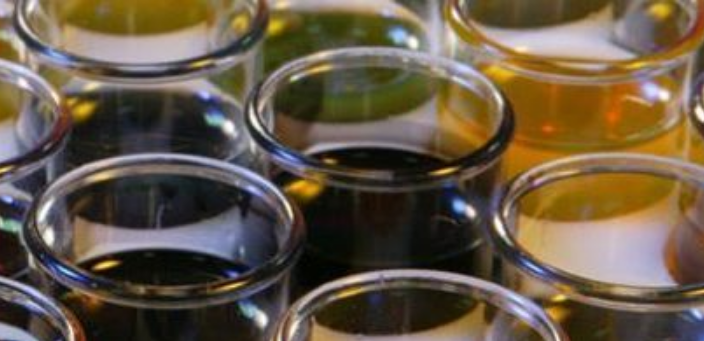Producers of blend stocks and traders who blend gasoline and diesel for West Africa or HFO for sea-going vessels do not comply with European rules for chemicals, while they do not or insufficiently report what the fuel contains. Users, emergency services workers, competent authorities and terminals therefore do not have a reliable picture of the risks of the blends, according to investigations by Dutch Human Environment and Transport Directorate (ILT).
Often, residues of production processes from refineries and the chemical industry are processed in heavy fuel oil for sea-going vessels. Since accurate track is not kept of what is added to the blends, HFO may be produced, that represents an unknown risk to people and the environment when stored, transshipped or burnt in vessel engines.
The ILT believes that the Waste Act has been breached in some cases. This involved blend stocks with, for example, an organochlorine content that was too high (which might lead to toxic dioxin in the exhaust gases of the sea-going vessels). In one case the polychlorinated biphenyl (PCB) content was too high. The ILT is acting administratively and is taking criminal action against this.
The Inspectorate will keep a close eye on ensuring that the sector correctly describes the effects for people and the environment with regard to the combustion of their blends.
The ILT wants to ensure that refineries and chemical companies assume their responsibility by only selling ingredients regarding which they have proven that they do not lead to unnecessary risks for health and the environment. Correct registration and information in the supply chain will ensure that the ILT can better tackle the use of unsuitable blend components by traders.
The ILT will be carrying out further investigations to determine whether the sector is complying with the prohibition of carrying out chemical processes on sea-going vessels during sea voyages. It came across a case where this prohibition may have been breached.
Such processes have been banned since 2014 because of, for example, the incident involving the Proba Koala. This should prevent that toxic waste that is produced during such a process is discharged illegally.
Due to the ILT inspections, the Association of Independent Tank Storage Companies is, for example, drawing up a guidance for compliance with environmental rules. The ILT will push to start a comparable procedure at the Association of the Dutch Chemical Industry and the Association of the Dutch Petrochemical Industry.






























































